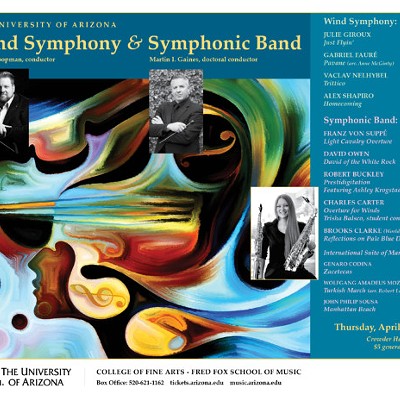As with the bulk of Simic's verse, what aesthetic intensity there is in Night Picnic lies in its intimacy with the inexplicable, the surreal, the absurd. Combining the folkloric elements of chance, myth and a moody romanticism with the quotidian world of firecrackers, sneakers and old ticket stubs, Simic still manages, if only in rare moments, to retain his reputation as a metaphysician of the ordinary. In "Summer in the Country," Simic's lines are rife with a bucolic mischievousness: "One shows me how to lie down in a field of clover./Another how to slip my hand under her Sunday skirt./ Another how to kiss with a mouth full of blackberries."
In "Window Decorator," Simic continues his playfully morbid juxtapositions, contemplating the decorative tastes of a funeral home around the holidays:
I see you put Christmas lights
And a tree in the window
Of a funeral home. Very nice,
I say. There are even teased
Wads of cotton
To make us think of snow,
From the same stash, I suppose,
You plug ears and noses with.
Here and in a handful of other poems, including "Firecracker Time" and "Sweet Tooth," Simic's offhanded voice continues to strike out in marvelous directions, ensuring a collection that is not without its moments of charm.
Perhaps the greatest example of Simic's power is "Sunday Paper," a poem that both startles and delights the reader with its layers of ironic suggestiveness. The poem begins in Metaphysic's kitchen:
The butchery of the innocent
Never stops. That's about all
We can ever be sure of, love,
Even more sure than the roast
You are bringing out of the oven.
Caustic and positing an existential dread, the poem opens outward:
It's Sunday. The congregation
Files slowly out of the church
Across the street. A good many
Carry Bibles in their hands.
It's the vague desire for truth
And the mighty fear of it
That makes them turn up
Despite the glorious spring weather.
Old themes are at once familiar. Though Simic titles the poem "Sunday Papers," little attention is paid to the paper itself suggesting, instead, the poet's Kafkaesque fascination with the silence and hypocrisy of contemporary life. Always concerned with spiritual internment, Simic concludes the poem with lines that are deliciously wry:
In the hallway, the old mutt
Just now had the honesty
To growl at his own image in the mirror,
Before lumbering off to the kitchen
Where the lamb roast sat
In your outstretched hands
Smelling of garlic and rosemary.
For some, the irony and fatalism, so palpable here in "Sunday Papers" and a handful of other poems, might salvage the collection.
But if we measure Simic against more brilliant collections like Hotel Insomnia, and his Pulitzer-Prize-winning volume of prose poems, The World Doesn't End, the balance of Night Picnic's 68 poems seem to lose interest with themselves rather than crash land at the feet of the reader. Indeed, Night Picnic seems to suffer from an aesthetic weariness; most poems simply fall flat. In one instance in the poem "The Unseen Hand," an elegy for the late Bill Matthews, Simic situates his first two stanzas in understatement:
It goes about its business,
Catching flies,
Letting them go as it pleases.
We do nothing.
We only note whose missing.
The bread from the table gone
And the old Italian waiter
Who brought us a new bottle of wine,
And his small white dog
Who followed him everywhere.
These first few stanzas resonate. But as with the majority of the poems in Night Picnic, Simic, in the end, trades his imagery for slangy Americanisms:
Five-finger discount
Is what they call it on the street,
This short breather
Before the final scratch.
Simic has always understood economy and the virtue of elision, but here and elsewhere, lines seem above all designed to camouflage with tone what they lack in imagistic or thematic freshness. What begins as an intimate goodbye to an old friend and fellow poet invites an intrusive, colloquial wordiness.
In "The Altar," Simic reminds us, "What is beautiful ... /is found accidentally and not sought after./ What is beautiful is easily lost." With so few poets writing today with a sense of wonder as palpable as Simic's, it is difficult to accept the solemnity and staleness that seem to dominate Night Picnic. Simic's greatest strength has always been his taut, dark-edged metaphors that appear from nowhere and accumulate and sharpen into a terrifying, twisted crescendo. But with few exceptions, there is little in Night Picnic that truly surprises, as if Simic's style has become inimitable, even to himself.










